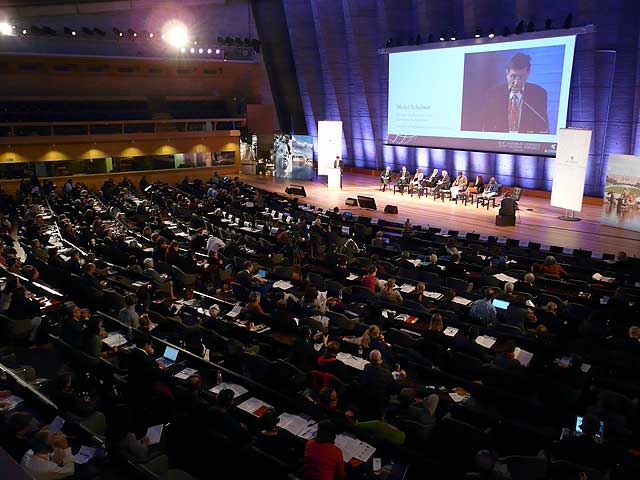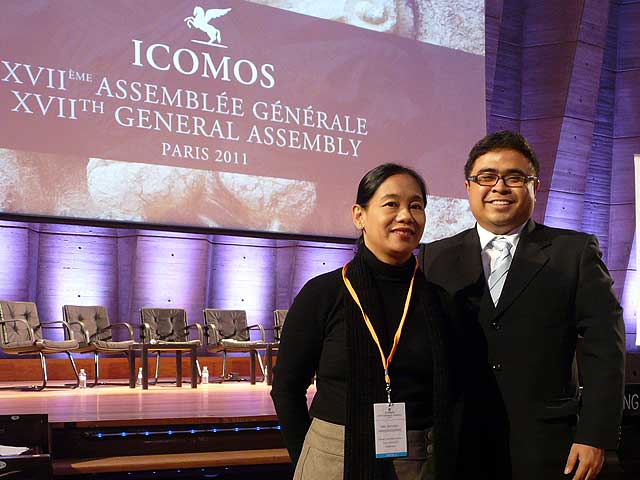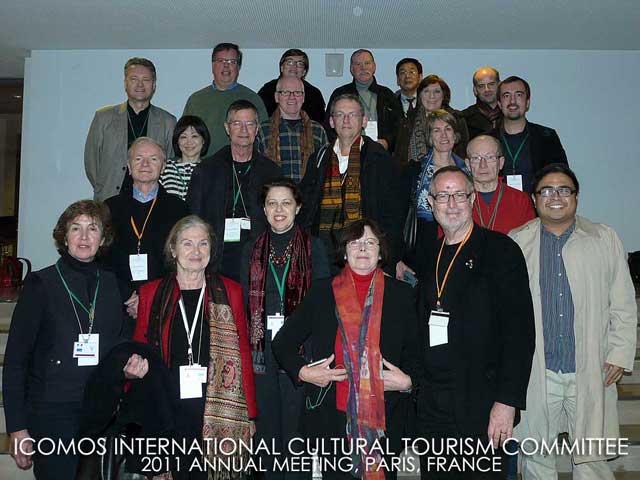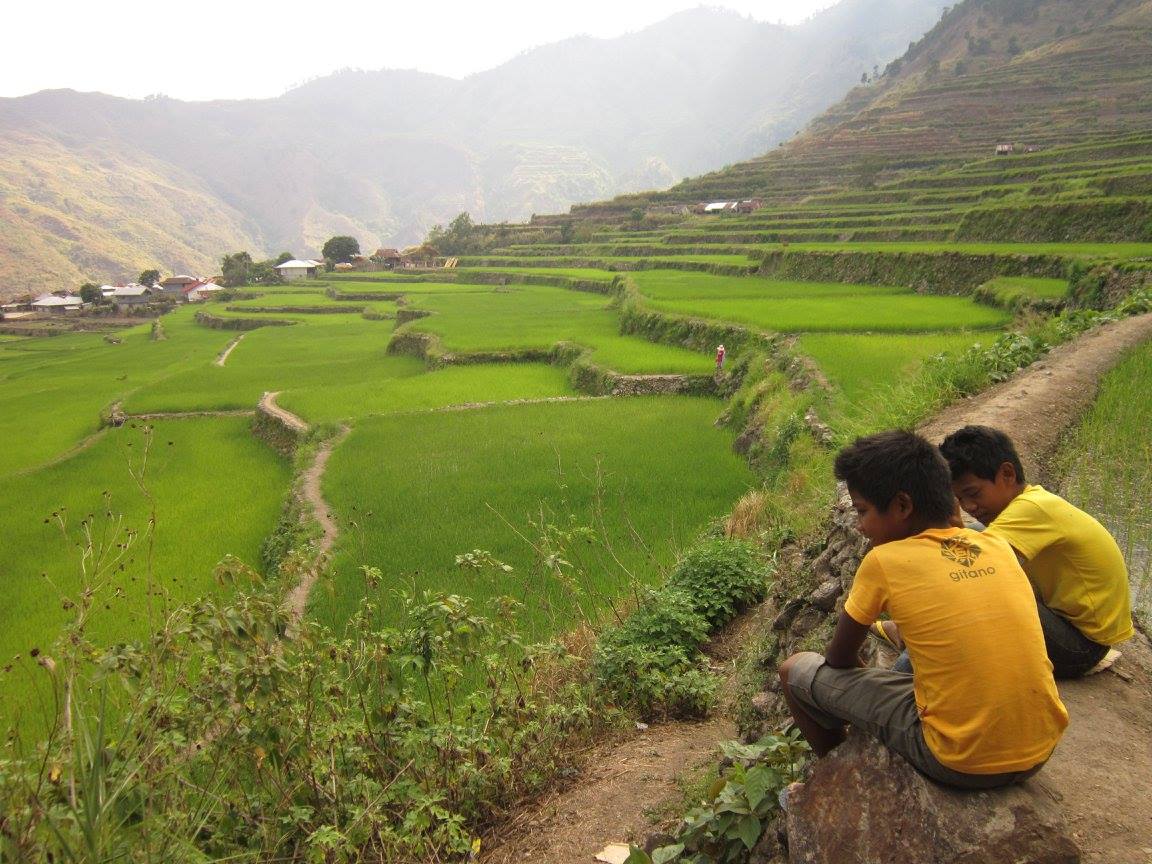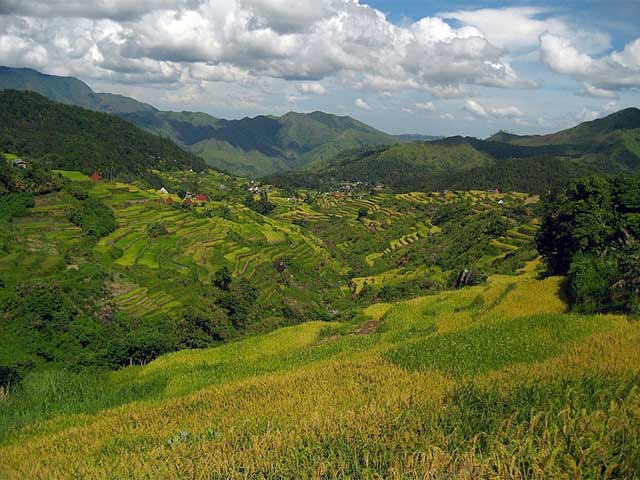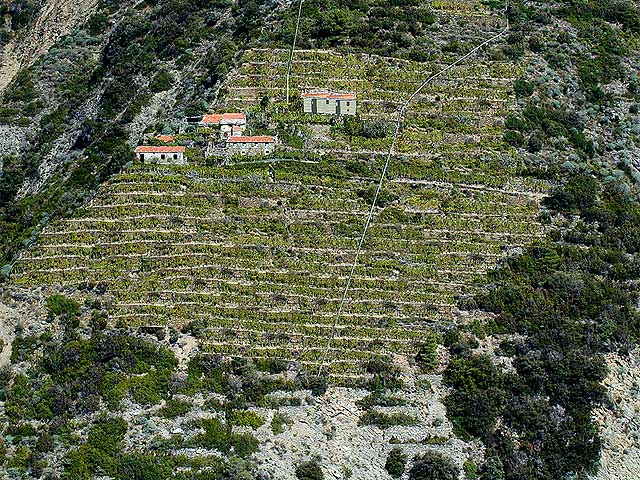International heritage luminaries are meeting in the Philippines for the first time from 2-8 December 2007. They are members of ICOMOS (International Council of Monuments and Sites), the official international organization of architects, landscape architects, urban planners, archaeologists, anthropologists, historians, tourism professionals, lawyers, and other professionals involved in the heritage conservation profession who are recognized as international leaders in the field.
Headquartered in Paris, ICOMOS is the international organization that regulates the worldwide conservation profession and is the only NGO accredited to advise the UNESCO World Heritage Committee on cultural heritage matters. Its Philippine members are prominently involved in conservation projects for the government or private sectors and are also members of the academe.
On 2-8 December the ICOMOS National Committee Philippines hosts the 2007 meeting of the ICOMOS International Committee on Vernacular Architecture (CIAV), to be held at the Rice Terraces of the Philippine Cordilleras, a UNESCO World Heritage site. Respected heritage specialists from Italy, Finland, France, Germany, Macedonia, United States, Mexico, Dominican Republic, Japan and Korea are joining their Philippine counterparts to meet on “Protecting Endangered Traditional Landscapes”, focusing on the current status of the 5 terrace clusters located in Ifugao province inscribed in the World Heritage in Danger List. The “In Danger” designation simply means that conservation measures for a site on the World Heritage List must be stepped up to prevent its rapid deterioration.
The experts will discuss conservation and the socio-economic issues that can support heritage conservation in countries like the Philippines. On the meeting agenda are:
a) The Rice Terraces of the Philippine Cordilleras, a UNESCO-inscribed World Heritage Site, is endangered today because of physical deterioration but more importantly, the resident population who has always maintained the site is having difficulty bridging the task of preserving their heritage with 21st century lifestyle. Case studies will be presented showing steps taken by other international sites with similar issues.
(b) In countries like the Philippines preserving heritage is really a lost cause unless preservation becomes more relevant to its host communities through tying preservation in with development and income generation. Therefore methods have to be found to use heritage as a resource for income generation i.e through community tourism programs, craft development, or harnessing natural resources for sustainable development such as mini-hydroelectric plants, etc.
At this moment, physical repair of the terraces is necessary. However restoring the terraces and their walls must come together with establishment of cultural and economic opportunities that make terrace life more viable for the 21st century. Among the positive measures suggested by UNESCO, is the establishment of additional income-generating opportunities such as community-based cultural and eco tourism programs.
Therefore the meeting’s sub-theme is identifying methods to use the underutilized rice terraces heritage as a resource to increase present income levels. One program is the establishment of community-based tourism.
Conserving heritage has little relevance to most site residents who live from day to day in survival mode. Therefore ICOMOS aims to make them aware that among the values of heritage is its use (not exploitation) as a sustainable cultural and eco tourism resource. Therefore heritage must be preserved as a livelihood opportunity and also to provide community identity.
Successful community-based heritage projects in the Philippines will be presented such as the Freedom Trail that unites seaside towns in south Cebu province in a trail of conserved heritage and community-led tourism sponsored by the Ramon Aboitiz Foundation, the heritage tourism project by the Bohol community, Taal heritage program, and the Save Ifugao Terraces Movement (SITMO) community development programs in Ifugao province. These success stories prove that the Filipino, contrary to popular opinion, has actually done well in conserving his heritage. The Philippine presentations will show that good community-oriented conservation work is being done in the country, proving that our heritage is not going down the drain like everyone else thinks.
Training of Philippine conservation practitioners is another objective of the meeting. Since conservation courses are not offered in Philippine universities, the presence of foreign colleagues is a rare opportunity for ICOMOS Philippine Committee members and other heritage professionals to widen their personal international networks and to upgrade professional. Most of the Philippine participants will be from the youth sector.
Institutions supporting the ICOMOS endeavor are the US Ambassadors’ Fund for Cultural Preservation, e8/TEPCO (Tokyo Electric Power Company), Fundación Santiago, Ayala Foundation, Ramón Aboitiz Foundation, Department of Tourism, and the National Commission for Culture and the Arts (NCCA).
